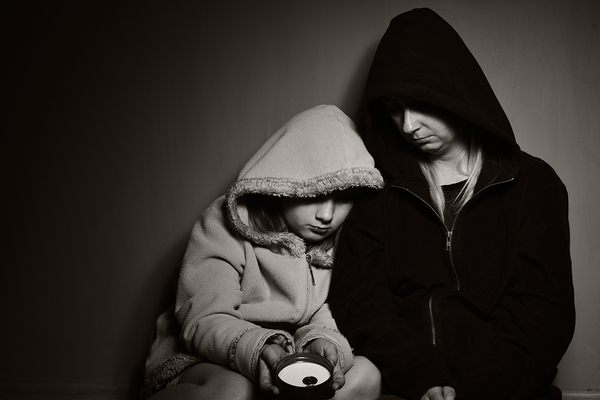You are viewing 1 of your 1 free articles
More than 70% hit by housing benefit caps are single parents
Housing sector bodies have spoken out against the “cruel and ineffective” benefit cap after it was revealed that more than 70% of those who have seen their housing benefit capped were single parent households.
Figures released by the Department for Work and Pensions yesterday revealed that 58,000 households in Great Britain had their housing benefit capped in August this year.
A total of 42,000 of these households were found to house single parent families, with more than 75% of these families containing at least one child under five years old.
The housing benefit cap was introduced in April 2013 putting a limit on the amount of benefit a household could receive.
In November 2016 the cap was lowered meaning the total amount of benefit a household could receive was £23,000 per year in London, and £20,000 per year in the rest of the UK.
Shelter and the Chartered Institute for Housing (CIH) both spoke out against the use of the cap, highlighting the disproportionate impact it was having on single parent families.
Terrie Alafat, chief executive of the CIH, said: “Today’s figures show that the lower benefit cap is having a profound impact on people’s lives. It is punishing the people who will find it most difficult to escape by finding work, like single parents with very young children and people who aren’t able to work.”
Polly Neate, chief executive of Shelter, said that that evidence proved that the benefit cap caused “unbearable hardship” and called on the government to “do the right thing” and scrap it.
She added: “Surely we should be helping these families up – not making their lives even harder.
“Most of the parents we speak to are struggling to work the hours required to avoid the cap because of childcare issues or having insecure, part-time jobs.”
The government has said that the latest figures show that the number of people who were entering employment and moving off benefits had increased.
Since the introduction of the benefit cap in April 2013, a total of 190,000 households had seen their benefits capped at some point.
Around 70% – 140,000 households – no longer had their housing benefit capped, with 52,000 of these households moving into work.
Esther McVey, work and pensions secretary, said: “The benefit cap ensures we have a fairer system – fair for the taxpayer and fair for claimants – as well as a system that incentivises work. So it’s not surprising that we now have the lowest unemployment figures since 1975.
“And with the latest Budget announcements for Universal Credit, we will help even more families as we increase the amount people can earn by £1,000 before their benefit payment begins to be reduced – making sure it pays to work and it’s a smooth transition into work.”












